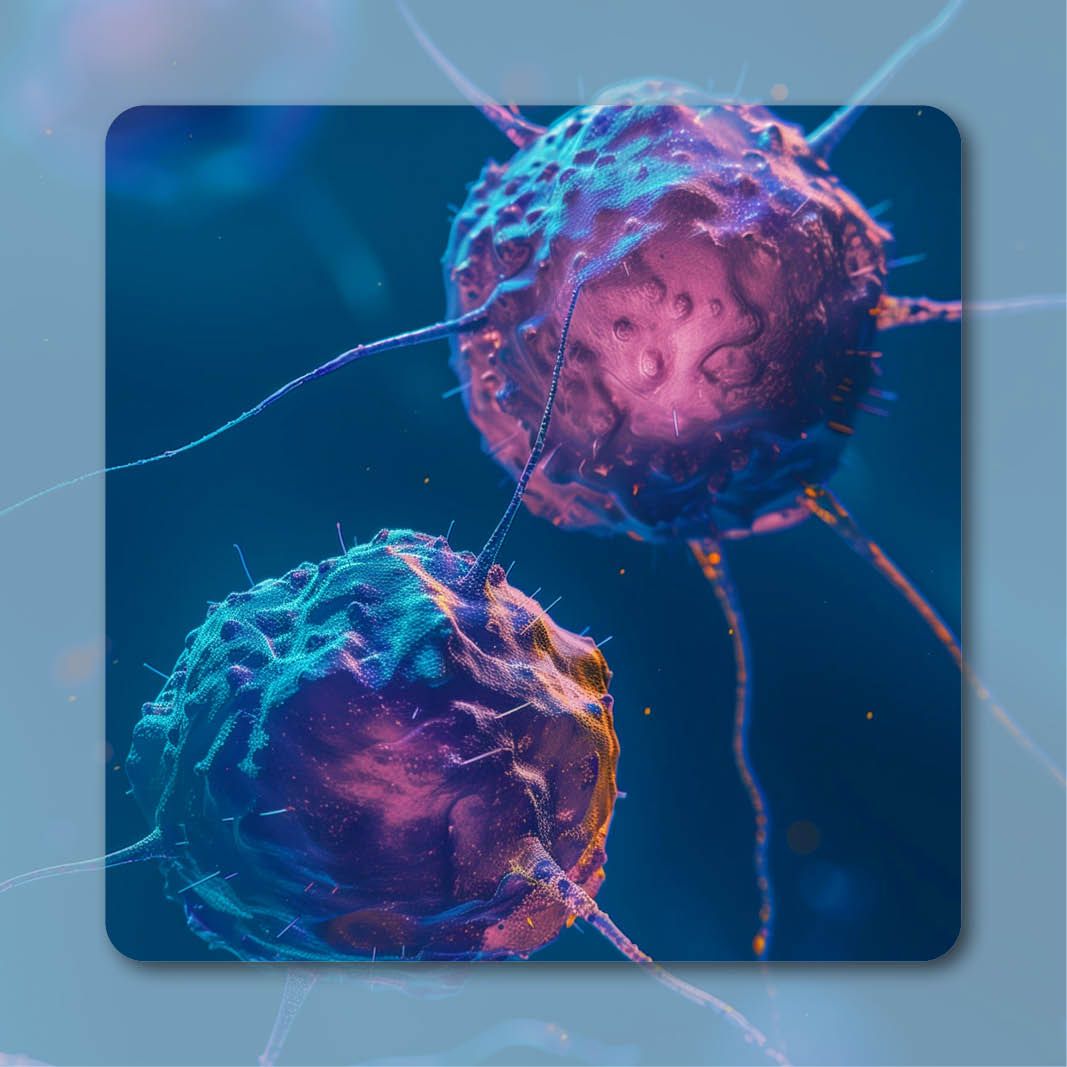Commentary
Article
Investigators Pursue the Role of the Microbiome on Immunotherapy Treatment in RCC
Author(s):
Pedro C. Barata, MD, MSc, discusses the importance of further exploring the facets of manipulating the microbiome to augment responses with immunotherapy in RCC, as well as the promise of the bifidogenic live bacterial product, CBM588.
Pedro C. Barata, MD, MSc

Investigators are evaluating the role of the microbiome and its effect on the activity of immunotherapy in patients with advanced renal cell carcinoma (RCC), according to Pedro C. Barata, MD, MSc.
Notably, phase 1 trial data (NCT03829111) from City of Hope showed that the addition of the live bacterial product, CBM588 to ipilimumab (Yervoy) and nivolumab (Opdivo) led to improved progression-free survival vs ipilimumab and nivolumab alone.1 At a median follow-up of 12.2 months, the median PFS was 12.7 months in the investigational arm vs 2.5 months in the immunotherapy alone arm (HR, 0.15; 95% CI, 0.05-0.47; P < 0.001).
“The way we treat we used to treat [patients with] kidney cancer 8 or 9 years ago is no longer [relevant] and there is quite a difference [in how we treat patients] today,” Barata said in an interview with OncLive®, following a State of the Science Summit™ on prostate cancer and RCC, which he chaired. “For folks who have the opportunity, it is important to stop and look at the guidelines and look at these kinds of discussions, being mindful of what is going on today in 2023 and moving on to 2024.”
In the interview, Barata discussed the importance of further exploring the facets of manipulating the microbiome to augment responses with immunotherapy in RCC, as well as the promise of the bifidogenic live bacterial product, CBM588.
OncLive: What was the rationale for presenting and discussing this topic at the OncLive State of the Science Summit?
Barata: We've made a lot of progress in the past few years in systemic therapy for patients with advanced clear cell and non–clear cell RCC. Despite those advances, most patients will progress and will succumb to advanced RCC. Therefore, we're looking for novel targets and novel approaches in patients with stage IV disease to optimize the treatments we have available while still bringing new therapies to the table.
One of the ways to optimize the activity of immunotherapy, which is one of the standards of care that patients with advanced RCC [are treated with], is through the microbiome. We have data about the interaction between antibiotics and activity of immune checkpoint inhibitors, as well as data suggesting that specific species in the gut affect or are associated with a differential response to immune checkpoint inhibitors in RCC and other solid tumors.
More recently, we found out that by affecting the gut microbiome, we're able to see a significant and clinically relevant difference in the activity of checkpoint inhibition for patients with advanced RCC treated with standard-of-care immunotherapy. We now have 2 trials exploring that intervention.
I felt it was a very important topic to discuss at the State of the Science Summit on RCC to raise awareness and to get more researchers to focus on it moving forward.
Is there anything you'd like to add or emphasize about the research that's currently taking place to further understand the use of immunotherapy, the microbiome, and RCC treatments?
It's important to highlight that the group that has led the efforts with the gut microbiome in kidney cancer is the group from City of Hope. They conducted 2 proof of concept clinical trials with CBM588, a live biotherapeutic. Investigators were able to optimize the efficacy of ipilimumab, nivolumab, as well as cabozantinib [Cabometyx] and nivolumab in patients with advanced RCC.
Moving forward, it's important to use this bacterium CBM588, and we are getting to a stage where we need to confirm whether that's true. In other words, [we have to determine whether] it's affecting the gut microbiome, translating into a clinical improvement. A phase 3 confirmatory trial is in the works currently. This is 1 example of many that hopefully will pan out [and will be presented] in the years to come. We will then actually be able to bring this treatment to patients and see if we can optimize the activity of the therapies for patients with advanced RCC.
Could the microbiome be used as a predictive or prognostic marker for immunotherapy response in RCC?
We're exploring the predictive role of the gut microbiome by affecting the species that live in the gut by understanding the therapeutic implications of that effect; that is predictive, whereas prognostic is more to do with how you're going to do independent of the treatment. This seems to be prognostic value, but specifically, we're talking about the predictive value that we're trying to investigate in these different studies that I alluded to.
Are there any additional strategies to modulate the microbiome to enhance the effectiveness of immunotherapy in RCC?
There are different strategies. One is obviously to change the composition of the gut, which is 1 approach of many. [You can also] opt for antibiotics or no antibiotics, treat with immunosuppression, [or decide to treat with] specific medications, such as PPIs [proton pump inhibitors], for example.
Those are examples where different studies are taking place to better understand how the impact on the microbiome improves outcomes. However, the closest we are to running a confirmatory study is most likely through the use of a commercially available compounds, such as CBM588.
What takeaway based on this topic would you like to impart to colleagues?
It's very important to be up to speed with kidney cancer for a number of reasons. It's not the most common cancer, therefore a lot of times, we have only a handful of patients within a year. Therefore, that means that the therapies that we use require a specific expertise. These therapies include a combination of target therapies with immunotherapies, and this is not necessarily used in other disease types.
It is relevant to be mindful of those differences, and with that said, the landscape is changing dramatically. The way we used to treat kidney cancer 8 or 9 years ago is no longer [relevant] and there is quite a difference [in how we treat patients] today. For folks who have the opportunity, it is important to stop and look at the guidelines and to look at these kinds of discussions, being mindful of what is going on today in 2023 and moving on to 2024. Additionally, it is important to know what is on the horizon in order to be up to speed with what we are offering patients, so that we can provide the best treatment at that given time.
Reference
Dizman N, Meza L, Bergerot P, et al. Nivolumab plus ipilimumab with or without live bacterial supplementation in metastatic renal cell carcinoma: a randomized phase 1 trial. Nat Med. 2022;28(4):704–712. doi:10.1038/s41591-022-01694-6.









